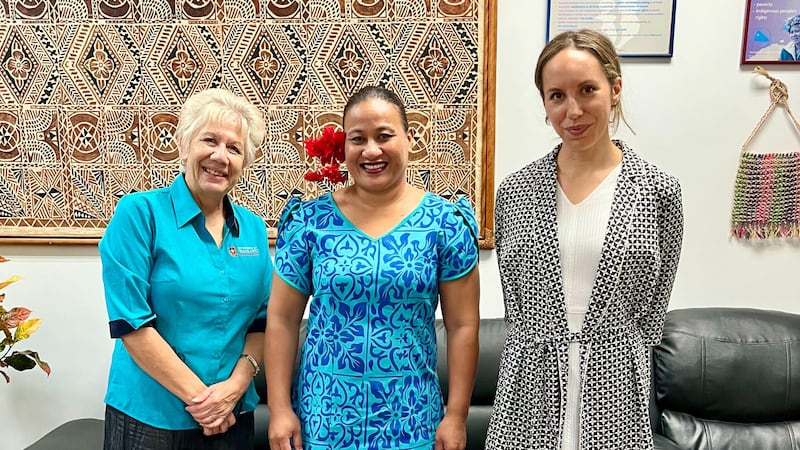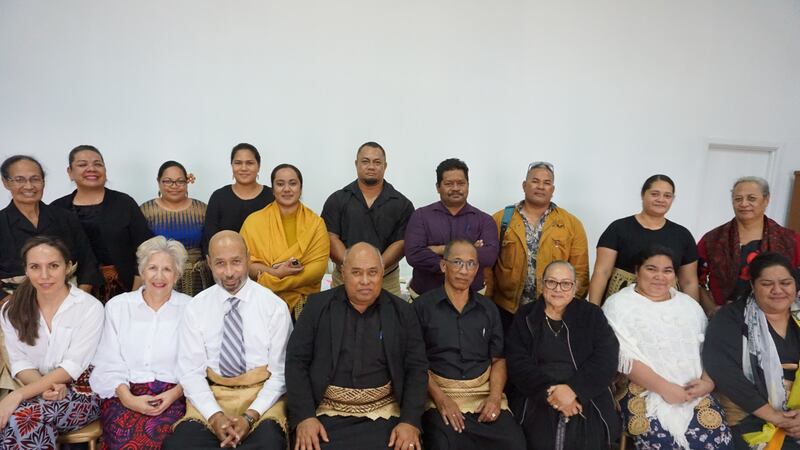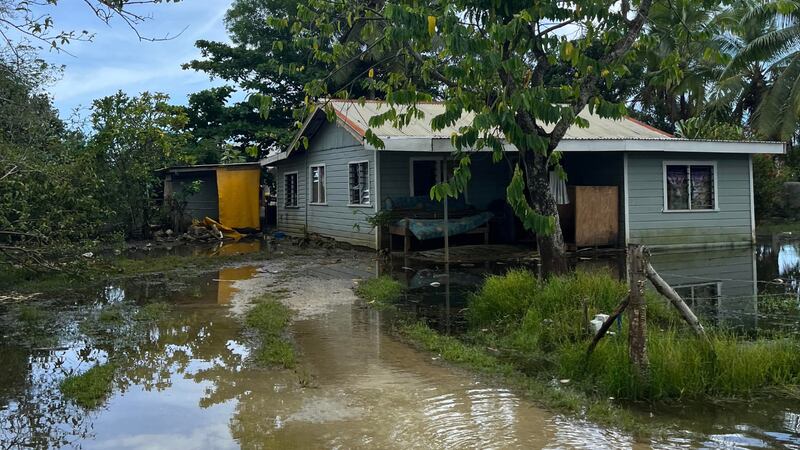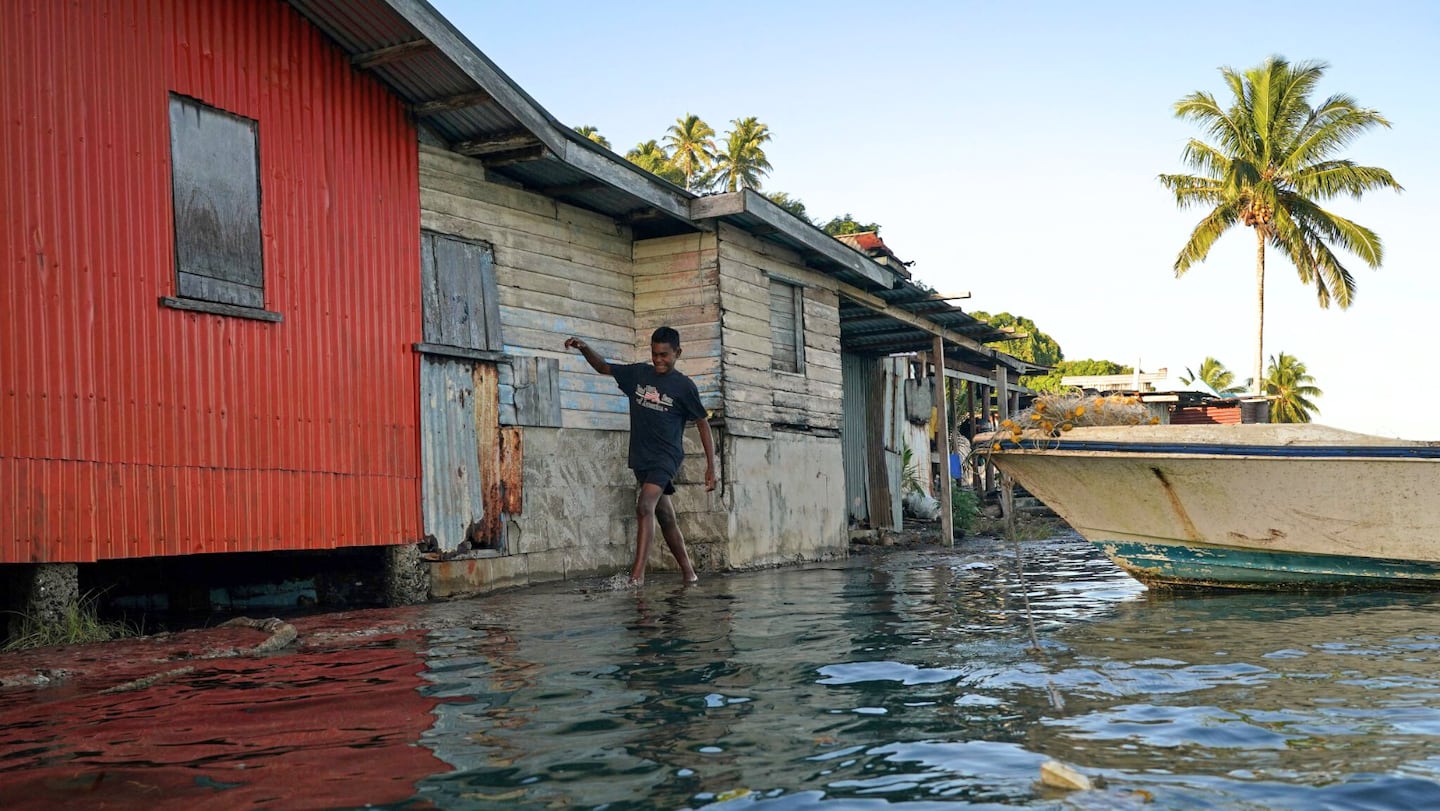New research from the University of Waikato is sparking discussions among indigenous people of the Pacific about the climate crisis.
They’re asking how prepared Aotearoa is to welcome and protect those affected by worsening climate change.
The study involves talks with six Māori leaders to hear their thoughts on the future of Pacific climate change migration and New Zealand’s role.
Māori and indigenous studies Professor Sandy Morrison describes the six discussions as the beginning of their generosity to their ancestral lineage brothers and sisters.
“What we want to do is research to provide sufficient evidence for policymakers both in Pacific countries as well as New Zealand to allow that preparation to happen to allow policy planning. And what does our infrastructure look like and what would need to be done if mobility should occur?”
“This research project is also about the people who choose to stay in the country. How do you build livelihoods after a tsunami or an earthquake? In essence, that’s what this project is about.”

Research started in June of 2022, and they’ve talked to 800 participants in Tonga and Samoa.
The research will be used as a template for seven other Pacific countries.
The leaders involved in this research come from a variety of backgrounds including Kaumātua Rore Stafford who’s leading the Nelson Tenths case and Ngahiwi Tomoana (Ngāti Kahugunu) who was the longest-serving chairman of any iwi in Aotearoa.
Morrison says that having esteemed leadership in these talks is key to making sure Pacific people can continue to keep their culture if their land is wiped out by the climate issue.
“Māori understand what it’s like to leave the land, Māori understand the value of cultural attention having come through the turbulent period of systemic colonisation.
“So who better to sort Pacific people discussions than those people who know that experience, let alone those connections that we have historically,” she says.

The project combines research from Mana Pacific, an organisation fighting to maximise renewable energy in Polynesia and the University of Auckland Pacific studies department.
Morrison is the bridge between Māori leaders and these Pacific organisations.
Many leaders see themselves as advocates for Pacific Islanders, offering practical support in housing, employment, and entrepreneurship.
Tomoana calls for a shift in New Zealand’s approach, moving from mere aid to supporting economic development in the Pacific.
“The focus needs to shift from aid to supporting economic development so that ,when people eventually come to Aotearoa, they can develop their own economy, have their own developments, their own training, and their own reason for being.”

The UOW research team, including Morrison, Dr Timote Vaioleti, and Lora Vaioleti will head to Samoa next week.
The main objective of this trip is to get an update from some of their participants and on issues such as helping them to get clean drinking water.


